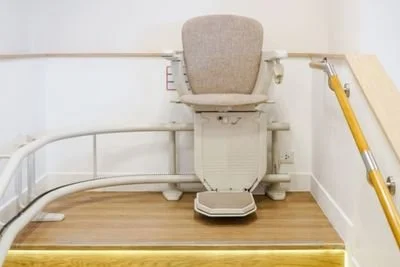Ways You Can Make Your Home More Accessible
Improving the accessibility of your home is important for both you and your loved ones. Even your guests can benefit from you having a more accessible home. There are many ways you can improve your home and enable mobility and safety—here’s a look at a few methods to use.
Focus on the Bathroom
The most dangerous room in the home is the bathroom since it requires a lot of movement to use the toilet and the bathtub. Some simple steps to improve accessibility include changing your toilet to one that’s easier to access and removing all the barriers around the shower. You should also install handgrips and a seat in the shower to make things easier for everyone.
Install Handrails
Install handrails around the house in key areas. These rails will work as stabilizers that people can use when they walk or stand near them. Put them in places with a lot of foot traffic and around corners in your home to make it easier to navigate.
Add Ramps
Stairs can make it difficult for some people to enter a home, which is why ramps are so important for accessibility. There are many benefits to installing a good modular ramp in your home since they are convenient, and you can use them for a variety of purposes.
Try Stair Lifts
Sometimes, a ramp won’t fit in your home or isn’t effective as an option, which is why stair lifts are another important tool. These lifts attach to stairs and bring people up and down so individuals don’t have to walk. These lifts are a great way to make more floors accessible in your own home.
Remove Thresholds
One important method to increase accessibility in your home is to remove thresholds around the house. These bumps can be dangerous obstacles and hinder wheelchairs and mobility aids. You can also install threshold ramps to circumnavigate the problem if you want to keep your thresholds.
Enabling people to access your home is important for aging in place and for those who need mobility aids. These modifications to your home will help you open your house to more people and make navigating it easier for everyone.


